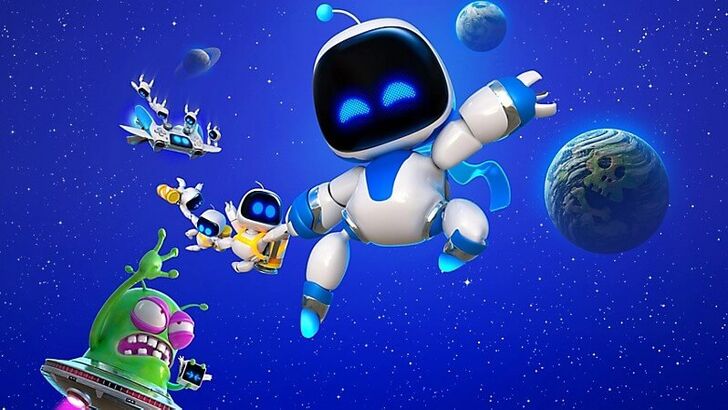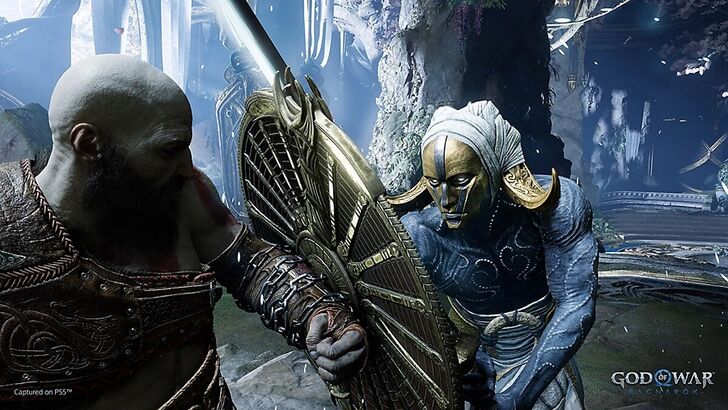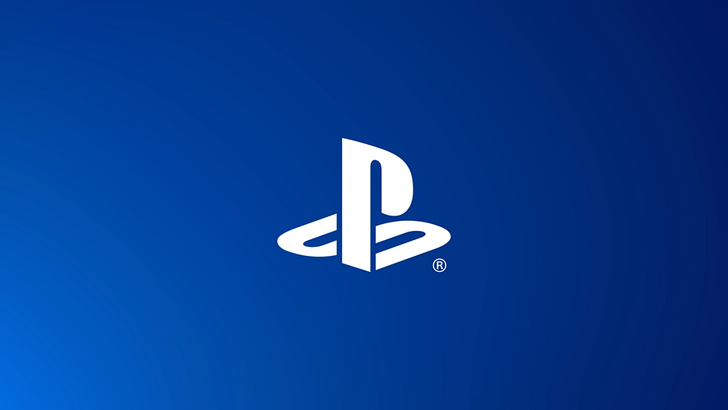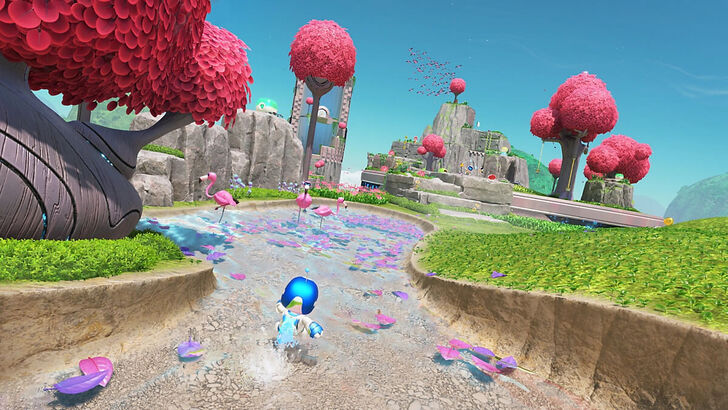PlayStation CEO Hermen Hulst: AI in Gaming – A Powerful Tool, Not a Replacement

In a recent interview with the BBC, PlayStation co-CEO Hermen Hulst discussed the burgeoning role of artificial intelligence (AI) in the gaming industry. While acknowledging AI's potential to revolutionize game development, Hulst emphasized the irreplaceable value of the "human touch."
A Balancing Act: AI and Human Creativity

Hulst's perspective reflects a growing industry debate. AI offers efficiency gains in automating repetitive tasks, but concerns remain about its potential impact on creative roles and human employment. The recent strike by American voice actors, partly fueled by the use of generative AI in games like Genshin Impact, highlights these anxieties.
Market research from CIST reveals that a significant portion of game studios (62%) already utilize AI for tasks such as rapid prototyping, concept design, asset creation, and world-building. Hulst believes the future lies in a balanced approach, catering to both AI-driven innovation and the enduring appeal of handcrafted, meticulously designed games. He predicts a "dual demand" for both types of experiences.
PlayStation's AI Strategy and Beyond Gaming

PlayStation's commitment to AI is evident in its dedicated Sony AI research and development department, established in 2022. Beyond game development, Hulst envisions expanding PlayStation's intellectual property (IP) into other media, such as film and television. The upcoming Amazon Prime series based on 2018's God of War serves as an example of this broader strategy. This ambition may even be driving rumored acquisition talks with Japanese multimedia giant Kadokawa Corporation.
Lessons from the PlayStation 3: A Return to Fundamentals

Reflecting on PlayStation's 30th anniversary, former PlayStation chief Shawn Layden described the PlayStation 3 (PS3) as an "Icarus moment"—a period of overly ambitious goals that ultimately led to a necessary recalibration. The PS3 aimed to be more than a game console, incorporating features like Linux and multimedia capabilities. However, this proved too costly and complex. Layden emphasized the importance of returning to core principles, focusing on creating the "best game machine of all time," a lesson that informed the development of the PlayStation 4.

In conclusion, PlayStation's approach to AI underscores a strategic balance between technological advancement and the preservation of human creativity in game development. The company's broader multimedia ambitions further signal a long-term vision that extends beyond the gaming console itself.






 LATEST ARTICLES
LATEST ARTICLES 











